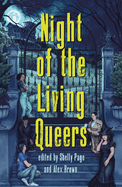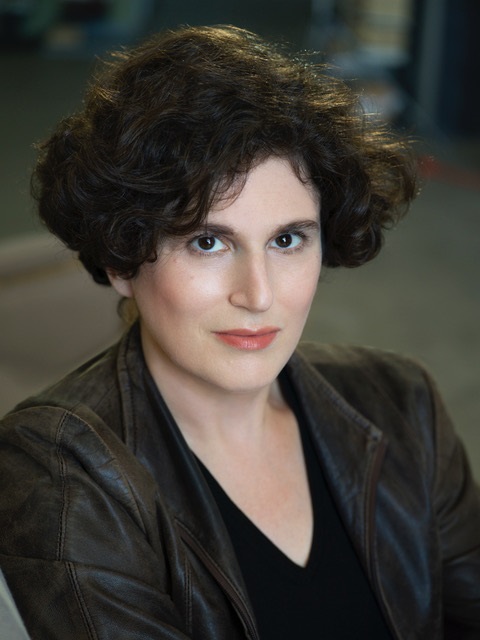 |
| photo: Nina Subin |
Sarah Weinman is the author of Scoundrel--named a Best Book of 2022 by Time, Esquire, and NPR--and The Real Lolita. She is also the editor of several anthologies, including Unspeakable Acts: True Tales of Crime, Murder, Deceit, and Obsession, an NPR Best Book of the Year. Her work has appeared in the Atlantic, New York, the Wall Street Journal, and Vanity Fair, and she writes the "Crime" column for the New York Times Book Review. She is the editor of Evidence of Things Seen: True Crime in an Era of Reckoning (Ecco, July 4, 2023), which collects 14 pieces that combine brilliant storytelling with incisive cultural examinations. Weinman lives in New York City and Northampton, Mass.
Handsell readers your book in approximately 25 words or less:
An anthology of true crime writing that shows how crime is a byproduct of America's systemic harms and inequalities, and the genre, a catalyst for social change.
On your nightstand now:
Also a Poet by Ada Calhoun; The Adventures of Augie March by Saul Bellow; Crime Novels of the 1960s, edited by Geoffrey O'Brien (out in September); G-Man by Beverly Gage.
Favorite book when you were a child:
I never hear about this book anywhere, and when I tell people about it, they have never heard of it, but I was utterly obsessed as a kid with Totto-chan: The Little Girl at the Window by Tetsuko Kuroyanagi (translated by Dorothy Britton). When I reread it a couple of years ago, I fell in love with the book all over again. It's a paean to childhood education and an examination of stigmatized culture, but really it's about a child's wonder at the everyday world.
Your top five authors:
This is a dangerous question to ask a book critic, but right now my answers are: Dorothy B. Hughes, Janet Malcolm, Toni Morrison, Cynthia Ozick, James Baldwin.
Book you've faked reading:
Mostly, I don't finish books I don't want to read and tell people when I haven't read a book.
Book you're an evangelist for:
By Grand Central Station I Sat Down and Wept by Elizabeth Smart. Everything I said is in this 2010 Wall Street Journal essay, but it's a magnificent prose poem about ecstatic love that also happens to be darkly funny.
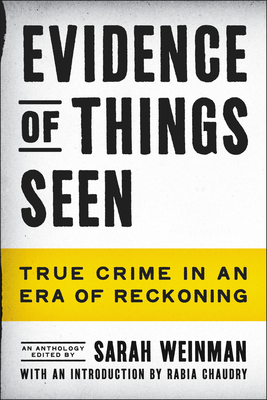 Book you've bought for the cover:
Book you've bought for the cover:
All of them and none of them.
Book you hid from your parents:
I didn't really do that sort of thing? But then my parents were the kind of people who didn't blink when I told them, as a 16-year-old, that I was going to read a bunch of books by Philip Roth for a high school project. (Let's just say that Sabbath's Theater is a book for middle age, and I appreciated it so much more when I reread it a couple of years ago.)
Book that changed your life:
I'll go with two:
Crime and Science by Jurgen Thorwald, a gift from my roommate when I was a freshman in college, which helped convince me to pursue a master's degree in forensic science at John Jay College of Criminal Justice. The first day of class, my professor, Peter De Forest, asked if anyone had heard of the book. I was the only one to raise my hand. Even though I am not a forensic scientist--turns out I wasn't cut out to work in a lab--one of the greatest compliments I ever received for The Real Lolita was from Dr. De Forest: "In addition to the superb writing, it was a true criminal investigation."
And In a Lonely Place by Dorothy B. Hughes, which I first read in 2004 and have reread annually ever since. It's my favorite crime novel, and I am glad that my efforts helped get it reissued by NYRB Classics and ensconced in the Library of America series.
Favorite line from a book:
"Why do you write? To keep from dying." --Moi, Pauline! by Janine Boissard.
Boissard's L'Esprit de famille books were also among my teenage reading canon, though I have since learned the English translations were bowdlerized and cut down significantly. I'd love to see new translations of these books for the American market.
Five books you'll never part with:
The Best of Everything by Rona Jaffe. Another on my "reread annually" list, it is still one of the greatest novels about book publishing, being young, dealing with predatory men, and making it in New York City.
Doubleday Crime Club Compendium, 1928-1991, edited by Ellen Nehr. I paid $120 for a good-condition used copy of this reference book, which lists every title published by Doubleday Crime Club, one of the most important imprints of American crime fiction. (I wish someone would do a similar thing for Fawcett Gold Medal, the greatest paperback crime imprint of the mid-20th century.)
Murder One by Dorothy Kilgallen. She was covering murder trials in her early 20s, went around the world not long after, and had extraordinary influence as a columnist.
The Big Con by David W. Maurer. Published in 1940, and yet it explains almost everything about contemporary America, which is something he never would have foreseen.
Spooks, Spies, and Private Eyes, edited by Paula L. Woods. A groundbreaking anthology, published in 1995, of Black crime writers, and a reminder that the genre has improved with respect to inclusivity and diversity--but still has so much further to go.
Book you most want to read again for the first time:
Divorcing by Susan Taubes. I'd heard little of her until this novel was reissued in 2020 and it became, in short order, one of my all-time favorites. The voice, the cadence, the raw power! A lot of that is there in Lament for Julia, which was also recently unearthed/republished.
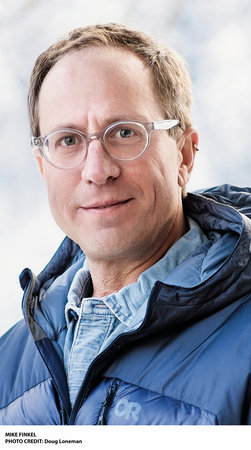 "I think there's really only two things you have to do to be a writer, which is read a lot and write a lot. Breitwieser's parents dropped him off at museums because that's where he felt fulfilled, my parents would drop me off at an independent bookstore. It's the first place in my life where I remember being treated as an equal as opposed to being talked down to. They asked what I read and they suggested new things. I feel that I became a writer because of the suggestions of knowledgeable people in independent bookstores.
"I think there's really only two things you have to do to be a writer, which is read a lot and write a lot. Breitwieser's parents dropped him off at museums because that's where he felt fulfilled, my parents would drop me off at an independent bookstore. It's the first place in my life where I remember being treated as an equal as opposed to being talked down to. They asked what I read and they suggested new things. I feel that I became a writer because of the suggestions of knowledgeable people in independent bookstores. 










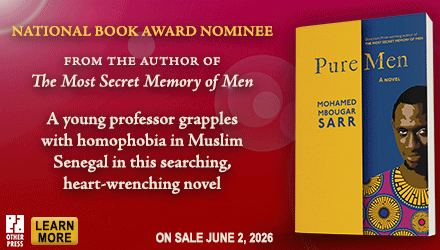


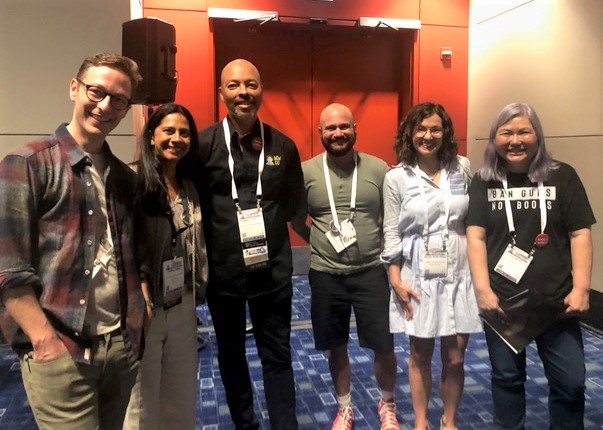
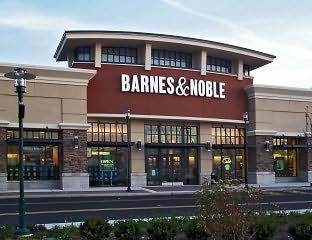 The Barnes & Noble store in the Lehigh Valley Mall in Whitehall, Pa., will
The Barnes & Noble store in the Lehigh Valley Mall in Whitehall, Pa., will 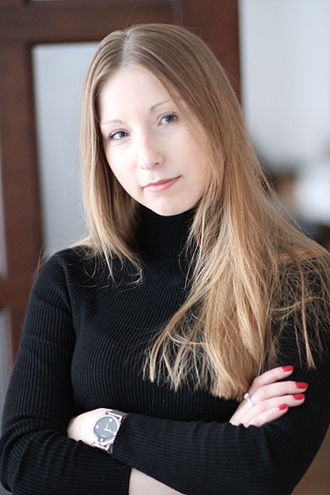
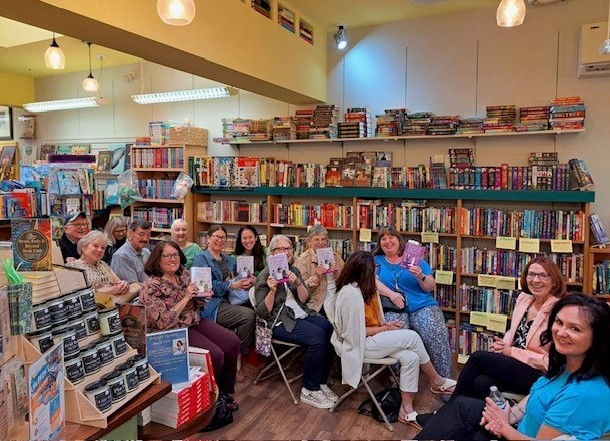
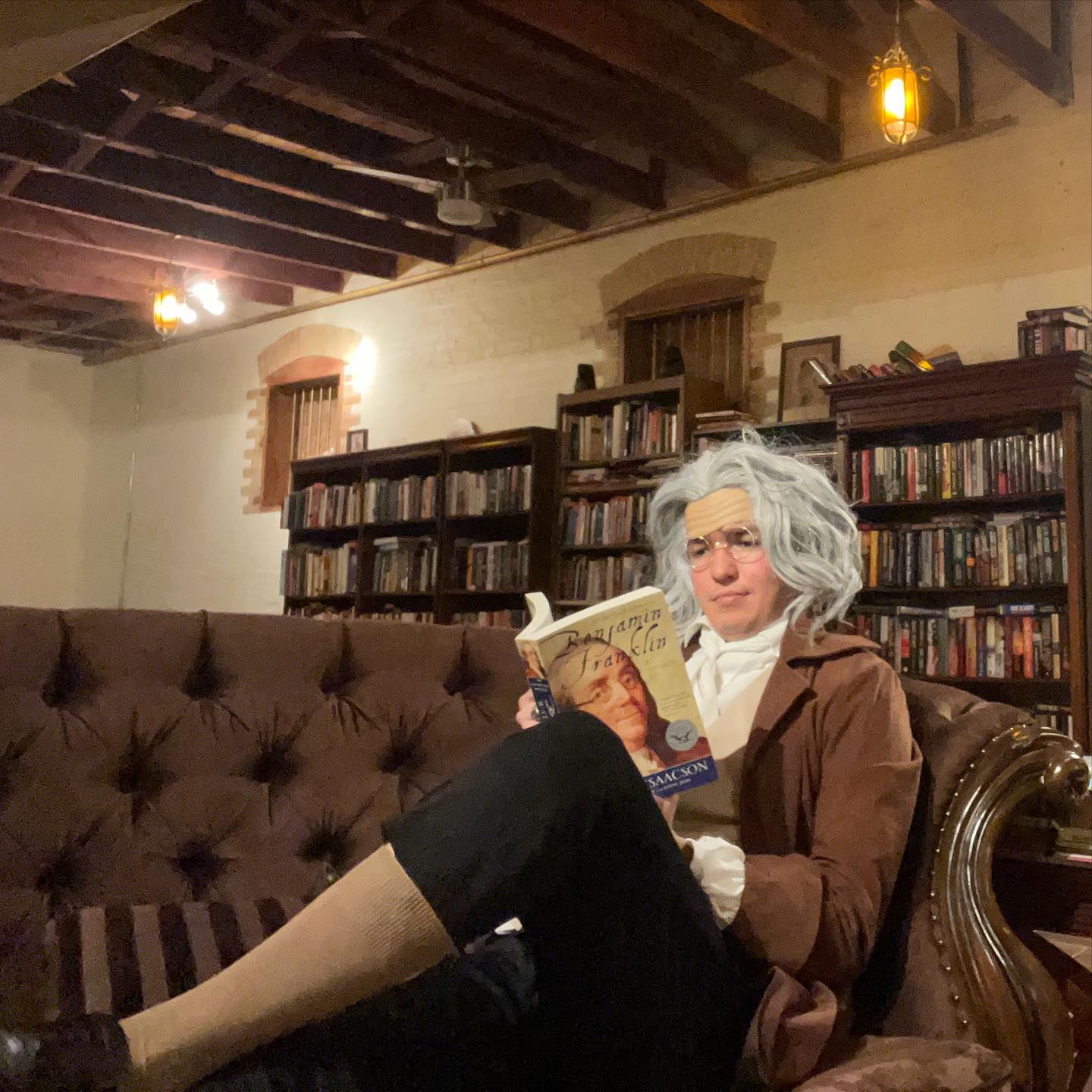 Gilbert Hernandez, owner of
Gilbert Hernandez, owner of 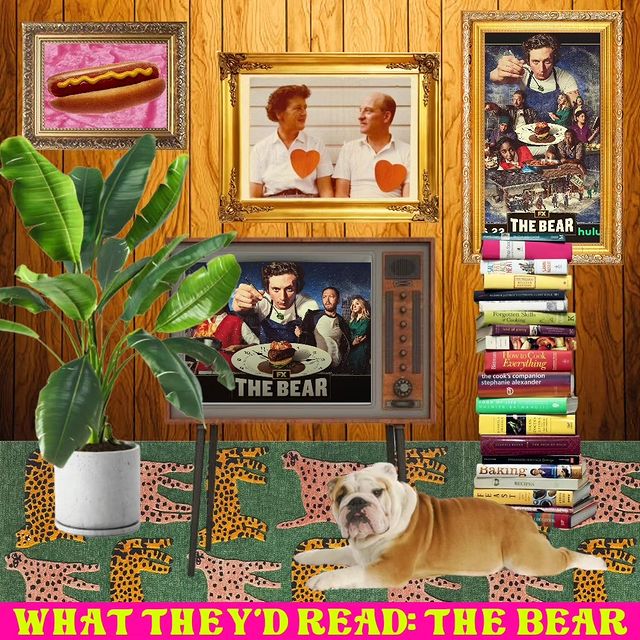 "
"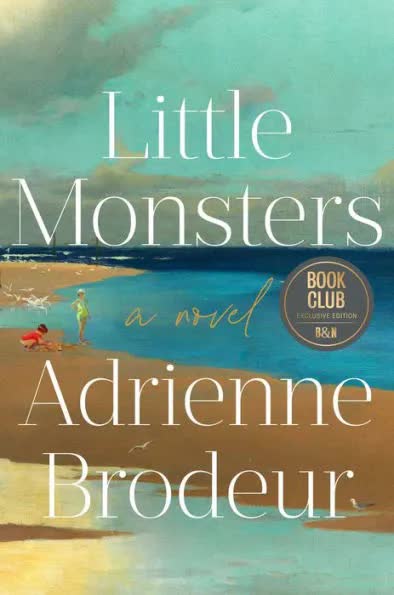 Barnes & Noble has chosen Little Monsters by Adrienne Brodeur (Avid Reader Press/Simon & Schuster) as its July national book club selection. In a live, virtual event on Tuesday, August 8, at 4 p.m. Eastern, Brodeur will be in conversation with Shannon DeVito, senior director of books at B&N, and Miwa Messer, executive producer of Poured Over, the B&N Podcast.
Barnes & Noble has chosen Little Monsters by Adrienne Brodeur (Avid Reader Press/Simon & Schuster) as its July national book club selection. In a live, virtual event on Tuesday, August 8, at 4 p.m. Eastern, Brodeur will be in conversation with Shannon DeVito, senior director of books at B&N, and Miwa Messer, executive producer of Poured Over, the B&N Podcast.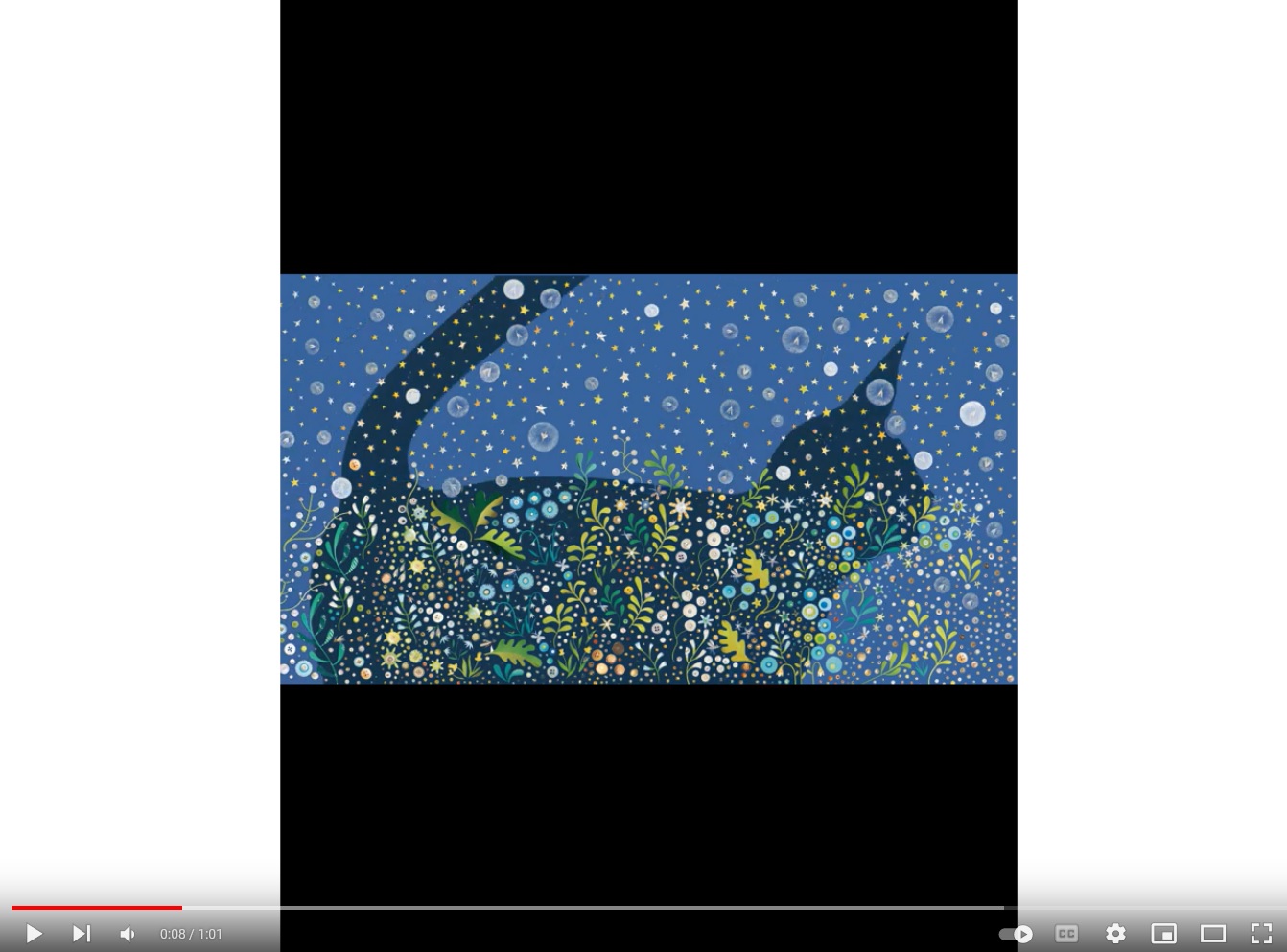 In the Night Garden
In the Night Garden
 Book you've bought for the cover:
Book you've bought for the cover: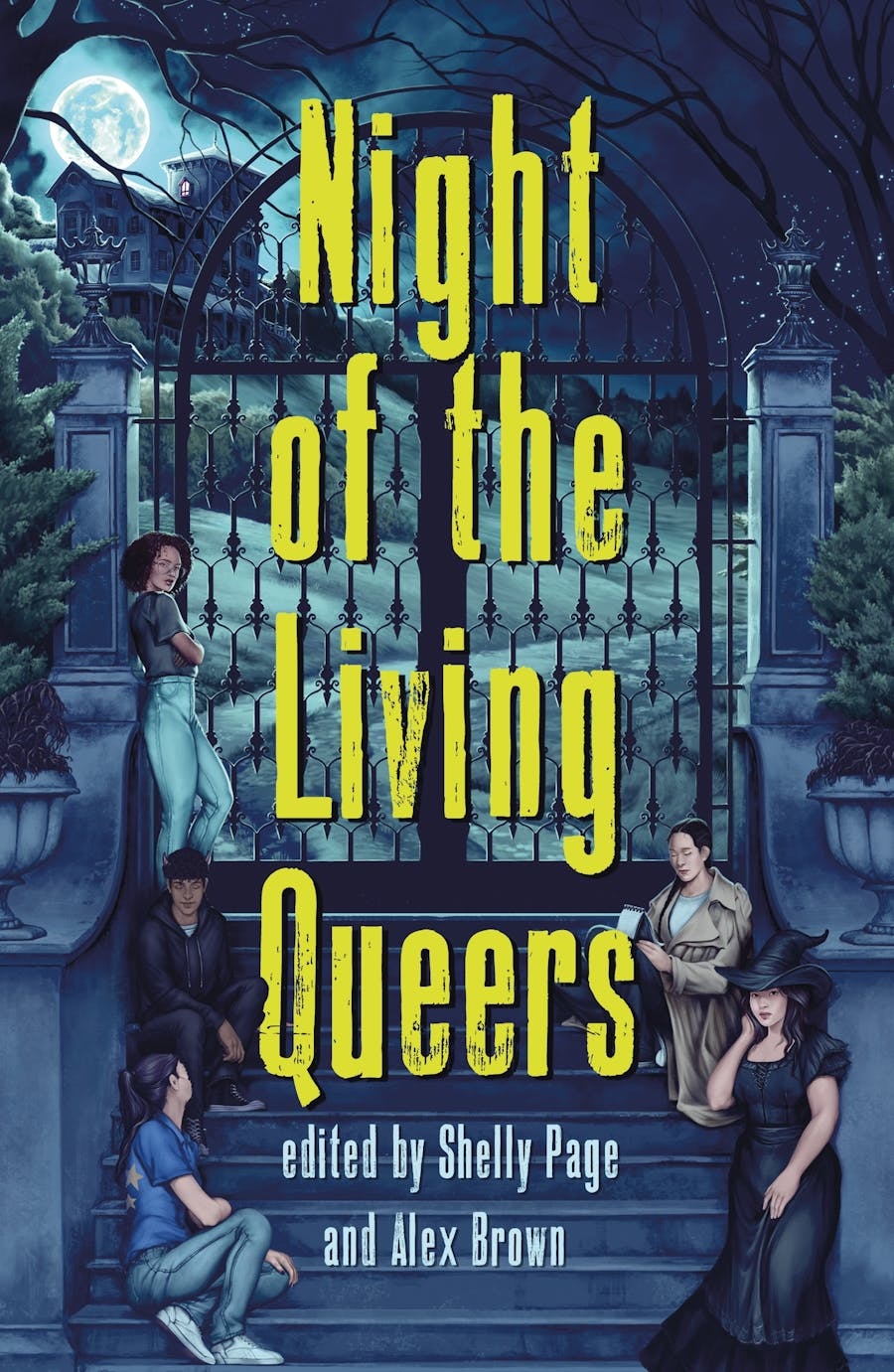 Shelly Page and Alex Brown make their editorial debut by bringing together an impressive roster of BIPOC queer authors in this gratifyingly frightening and humorous YA short story anthology centering BIPOC queer characters.
Shelly Page and Alex Brown make their editorial debut by bringing together an impressive roster of BIPOC queer authors in this gratifyingly frightening and humorous YA short story anthology centering BIPOC queer characters.